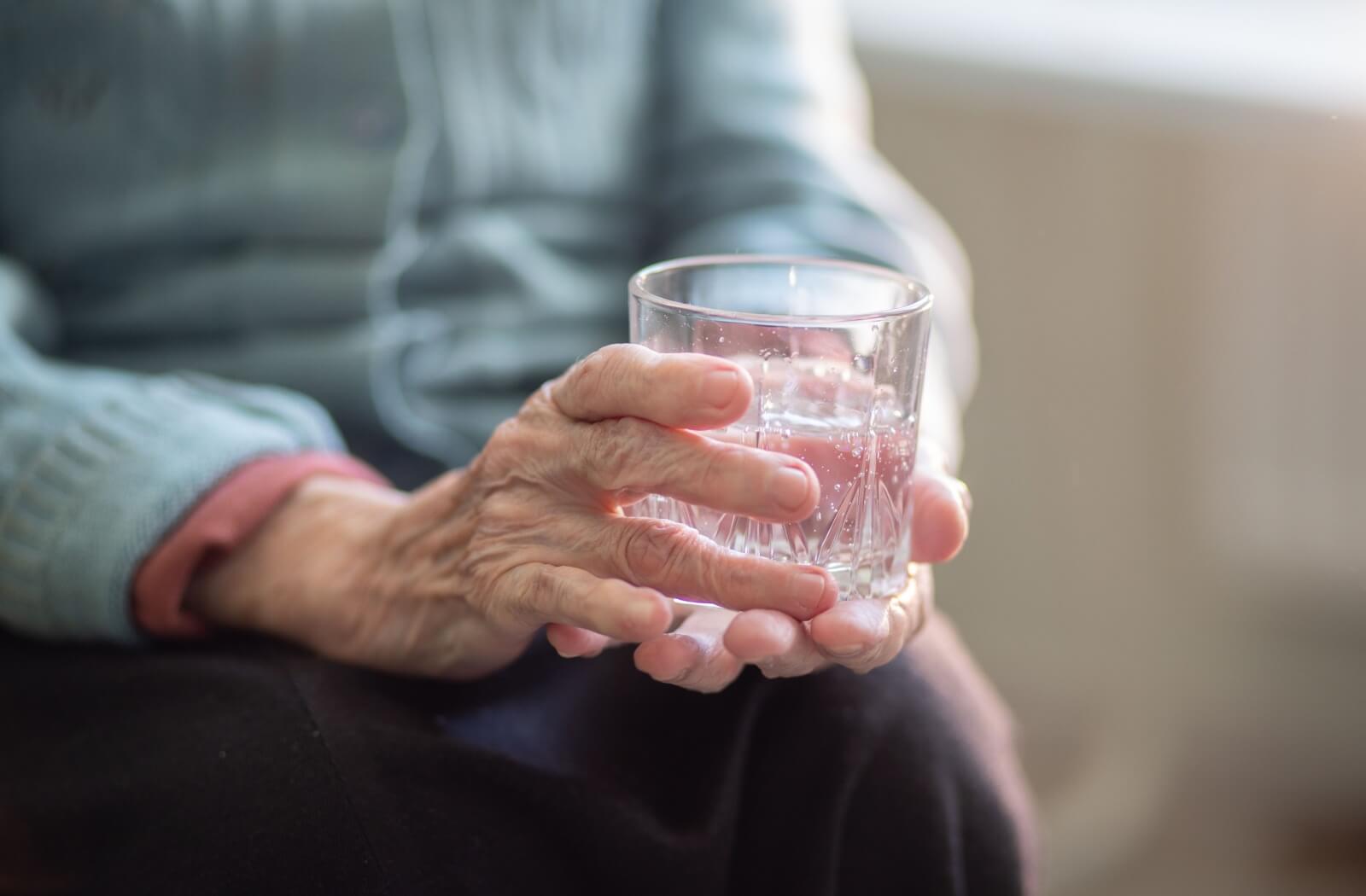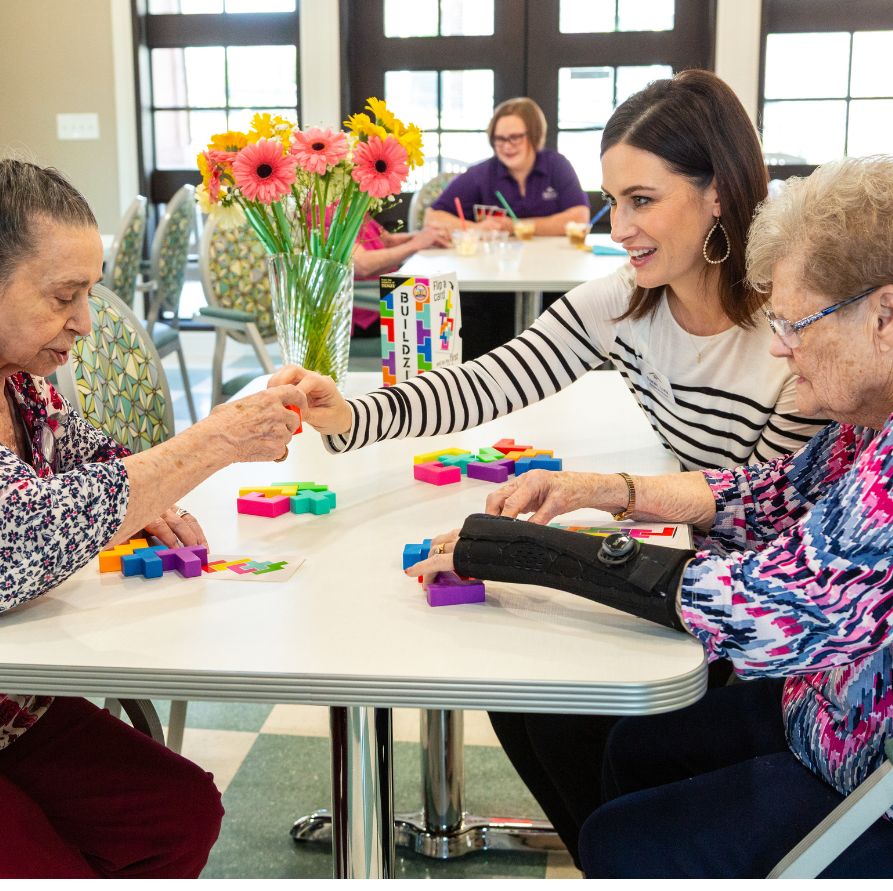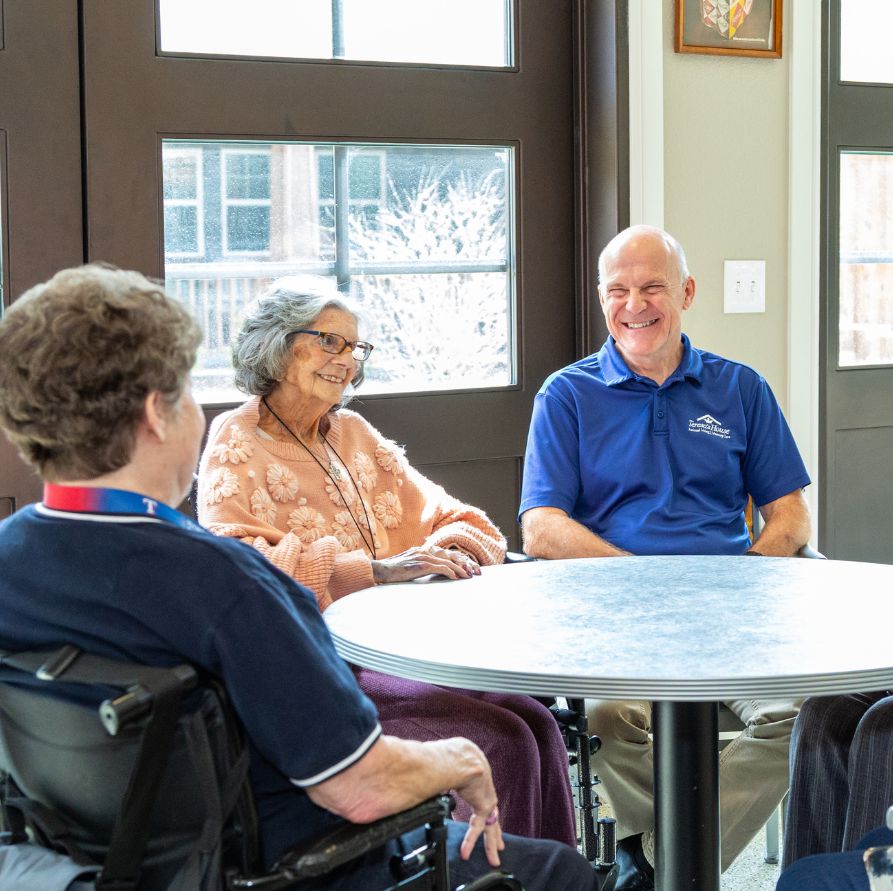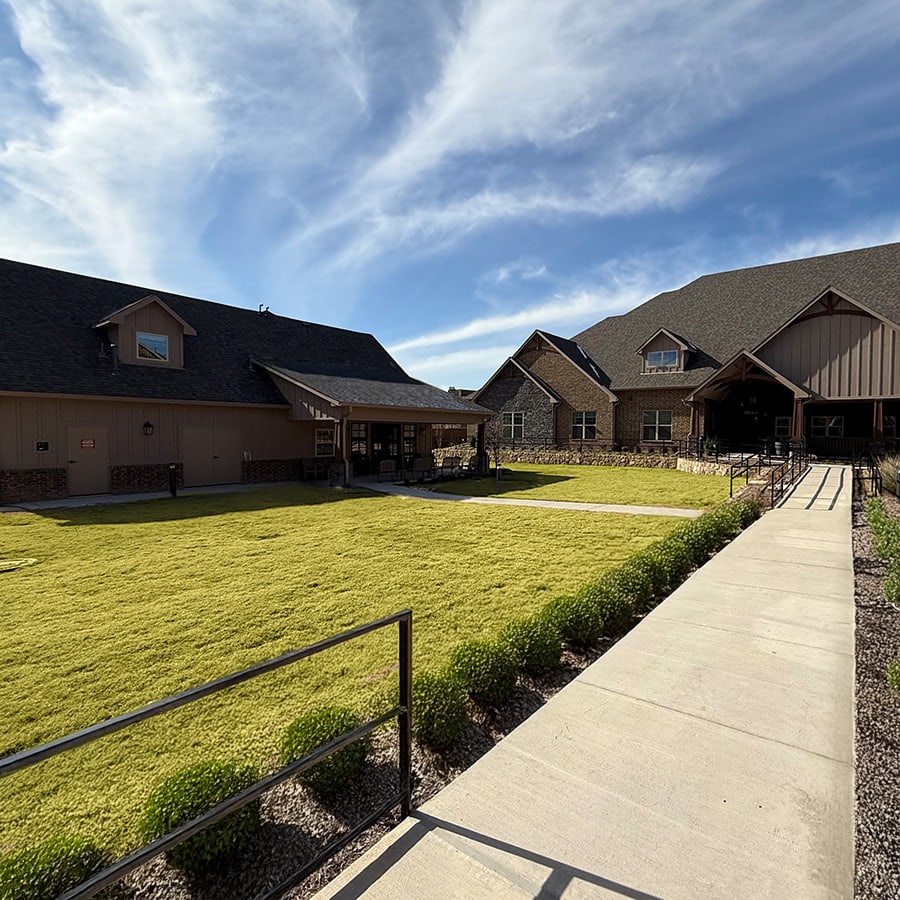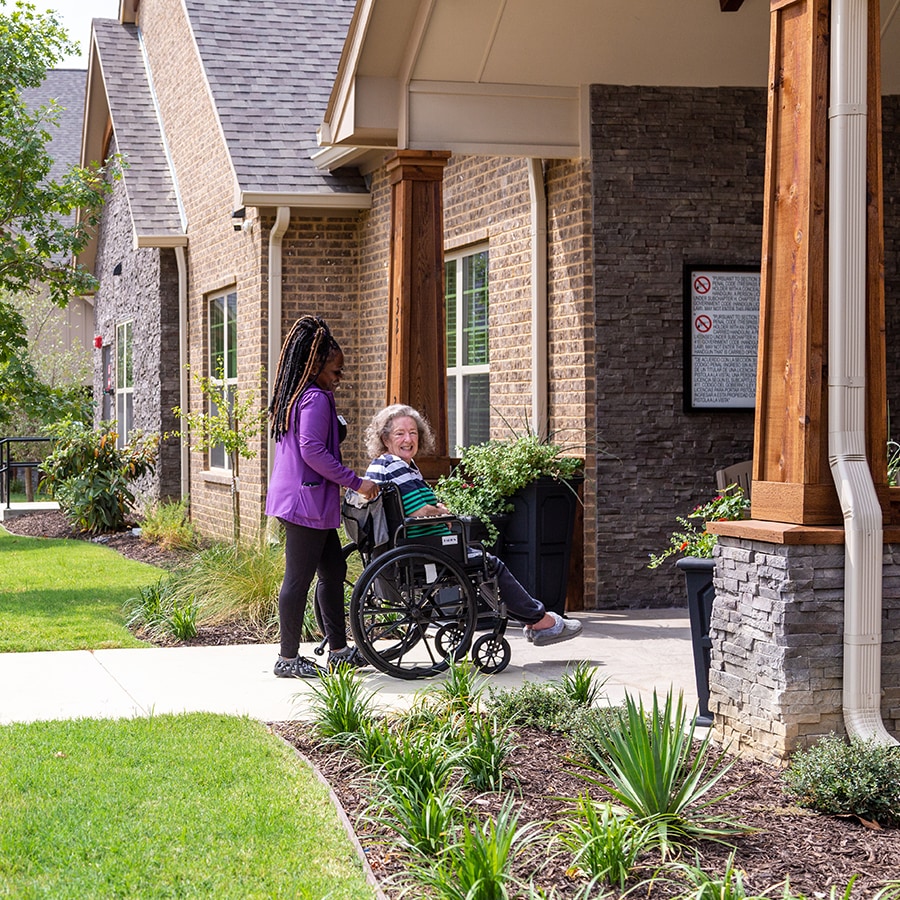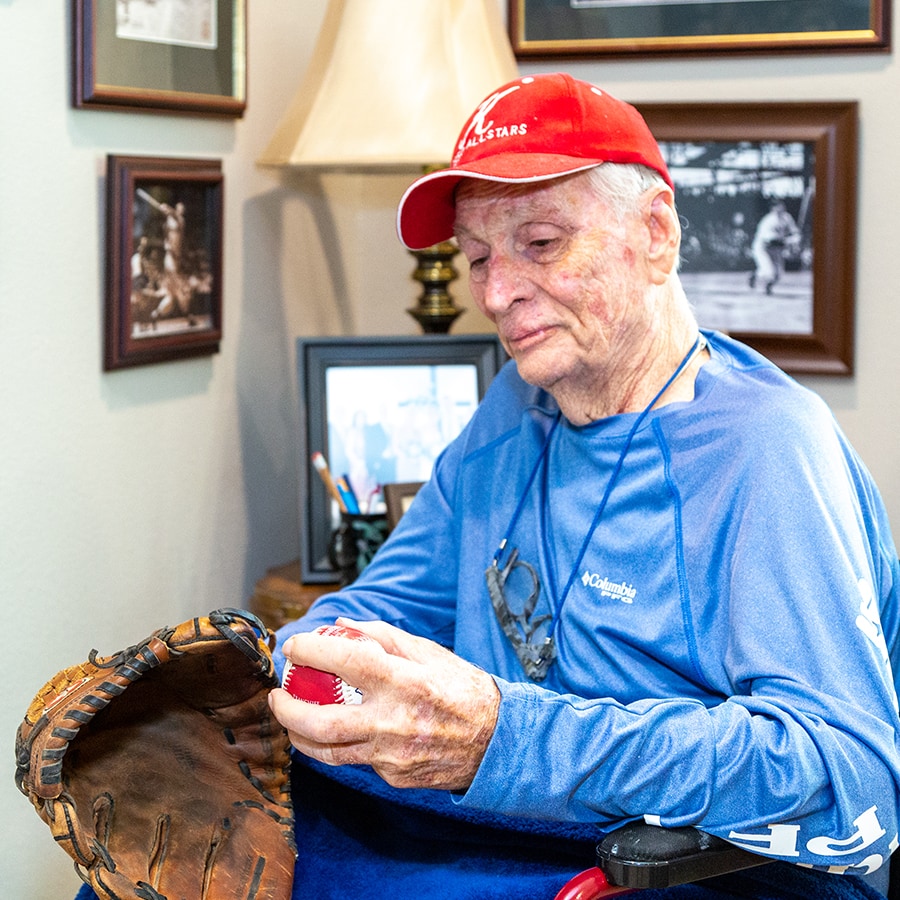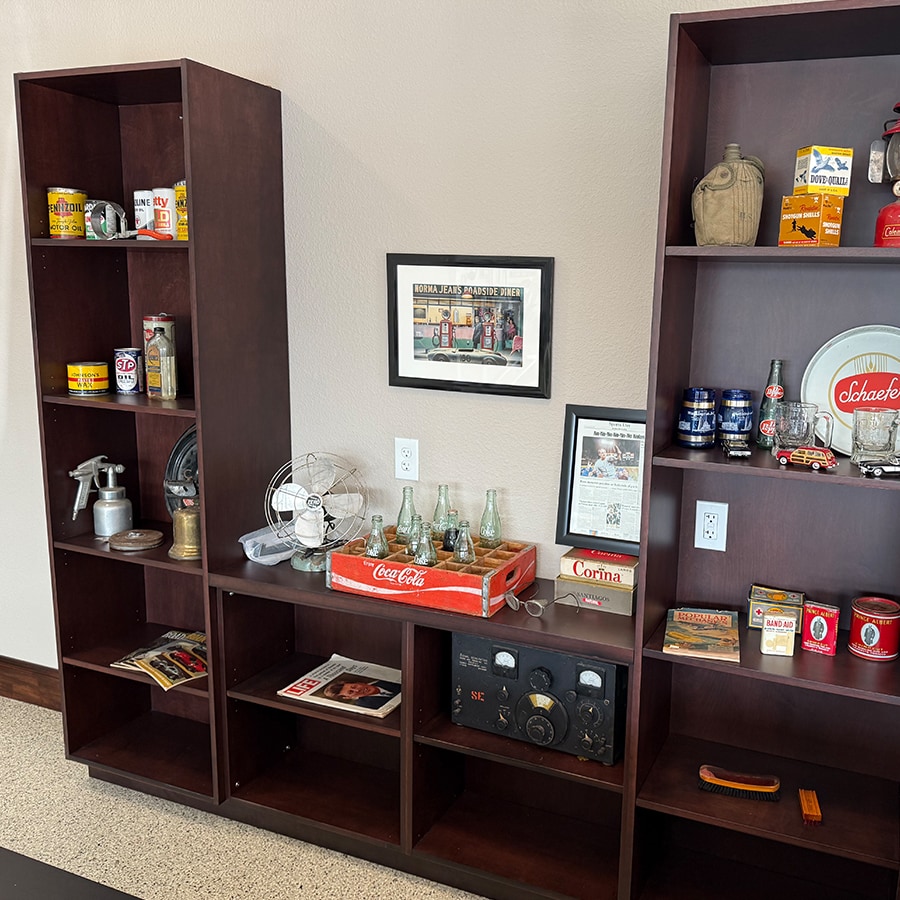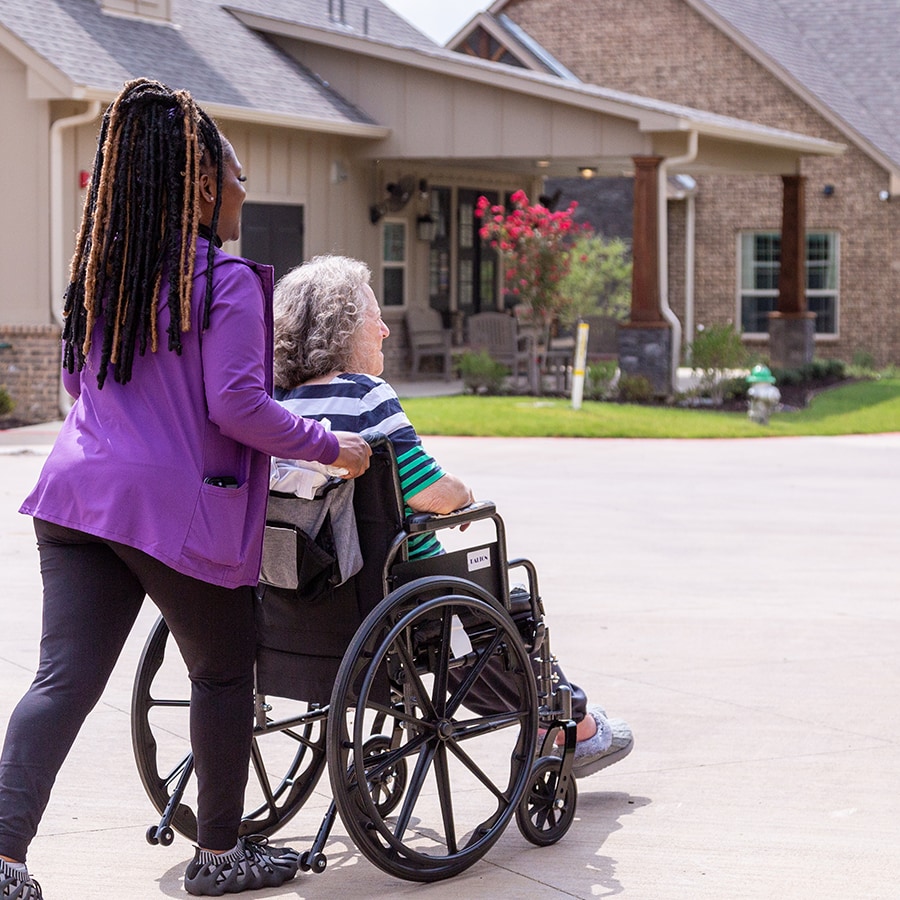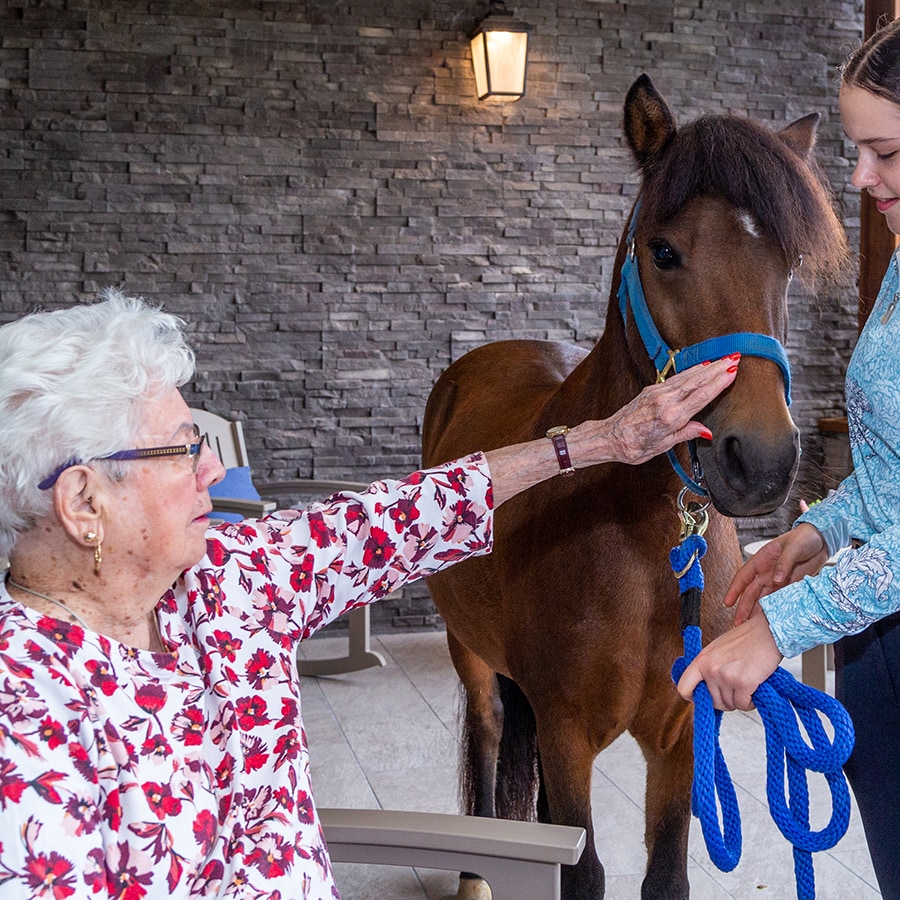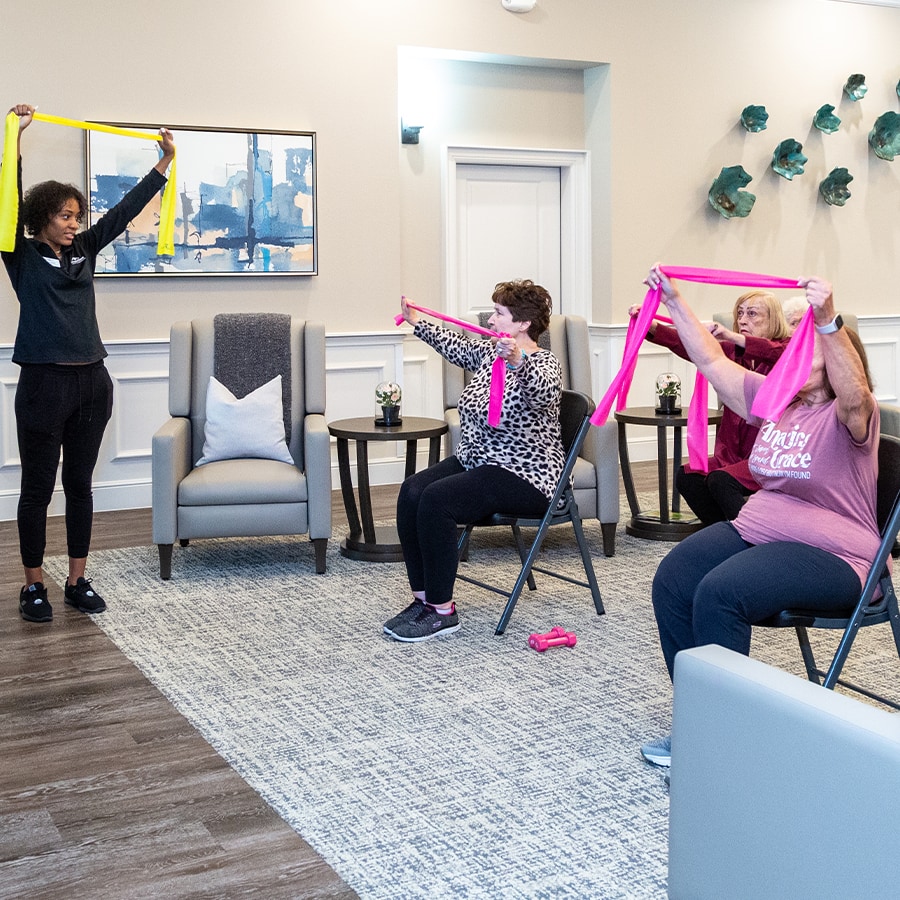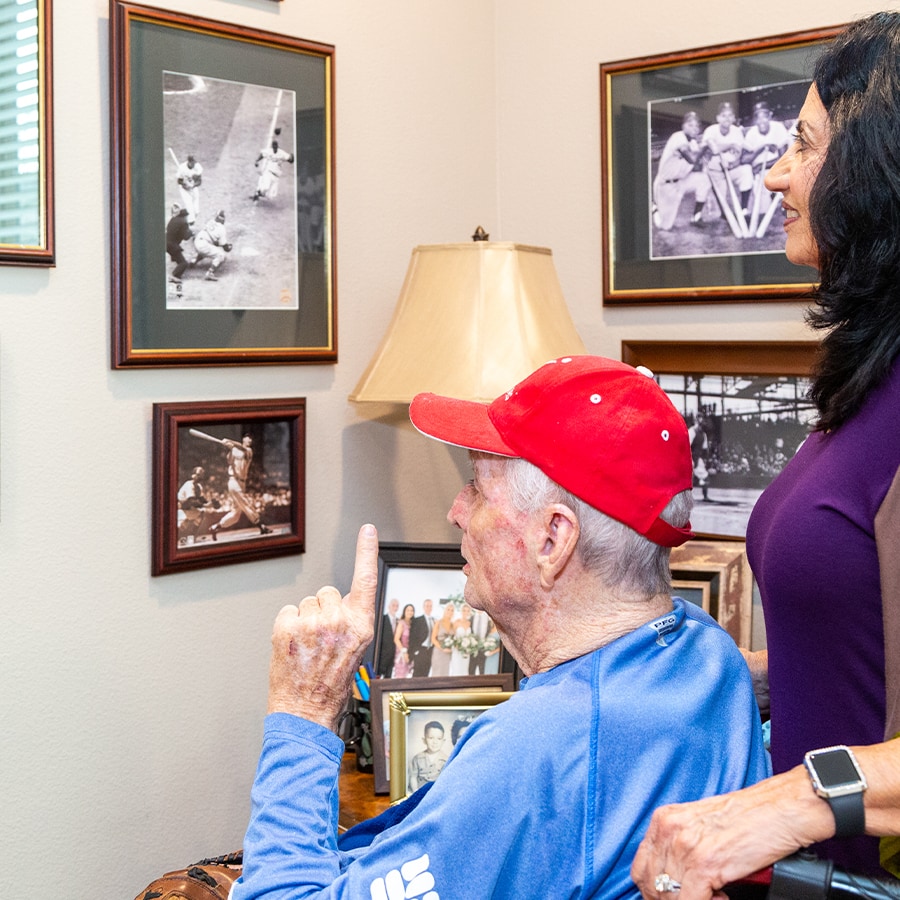A glass of water might not seem like much. However, for seniors, it’s one of the easiest ways to support long-term health. Aging brings changes that can make it hard to drink enough fluids, and many people don’t even realize they’re dehydrated until symptoms appear. Without proper support, this can quickly lead to long-term problems.
When dehydrated, the body has to work harder to keep up with daily demands. From joint comfort to digestion to energy, hydration impacts nearly every part of how we feel each day. Meanwhile, staying hydrated helps seniors stay alert, energized, active, and independent.
The Role of Hydration in Aging
Water plays a part in nearly every system in the body. It moves nutrients, regulates temperature, and cushions joints. But as we age, the body holds onto water less effectively. This means older adults may lose fluids faster and feel the effects more quickly.
Even mild dehydration can cause problems like fatigue, trouble focusing, or muscle cramps. In more serious cases, it can lead to dizziness, confusion, or an increased risk of falls. Supporting daily water intake isn’t just about avoiding illness—it’s about helping seniors feel better in the moment and over time.
Why Older Adults Are at Risk of Dehydration
Dehydration isn’t just about thirst. Several factors increase dehydration risks for older adults.
These include:
- Reduced sense of thirst
- Certain medications
- Kidney damage
- Limited mobility
- Memory loss
- Difficulty accessing or preparing drinks
Fortunately, you can encourage your loved one to adapt their daily routines and work in more hydrating habits. This helps support consistent water intake throughout the day.
Signs & Symptoms of Dehydration in Seniors
Dehydration in seniors can appear differently than it does in younger adults. Some of the signs to watch for include:
- Dry mouth or cracked lips
- Dark yellow urine or infrequent urination
- Dizziness or lightheadedness
- Fatigue or confusion
- Dry or sunken-looking eyes
- Skin that feels dry or less elastic
If these signs appear, make an effort to address hydration quickly. Severe dehydration may require medical care, so don’t hesitate to reach out for help if symptoms persist.
How Hydration Affects Daily Living
Staying hydrated can improve how seniors feel on a day-to-day basis. When the body has enough fluids, it’s easier to maintain regular digestion, absorb nutrients, and avoid constipation. Hydration can also help with memory, attention, and emotional well-being. In fact, even small changes in hydration can increase irritability or reduce focus.
Meanwhile, because water keeps joints cushioned and flexible, it can support more comfortable movement throughout the day. This can be especially helpful for older adults managing arthritis or other mobility conditions. For many, hydration can lead to the ability to stay active.
Simple Ways to Encourage Hydration in Seniors
Creating supportive habits around hydration doesn’t have to be complicated. Even small adjustments can help older adults drink more water throughout the day.
Keep Water Accessible
Provide lightweight, easy-to-handle bottles or glasses. Having water close at hand makes all the difference. It means your loved one always has water within reach, so they don’t need to put in too much effort to stay hydrated.
Add Flavor for Appeal
Freshen up plain water with fresh fruits or vegetables. Some popular options include:
- Lemon or lime slices
- Cucumber
- Strawberries
- Blueberries
- Mint leaves
The added taste can make staying hydrated more enjoyable.
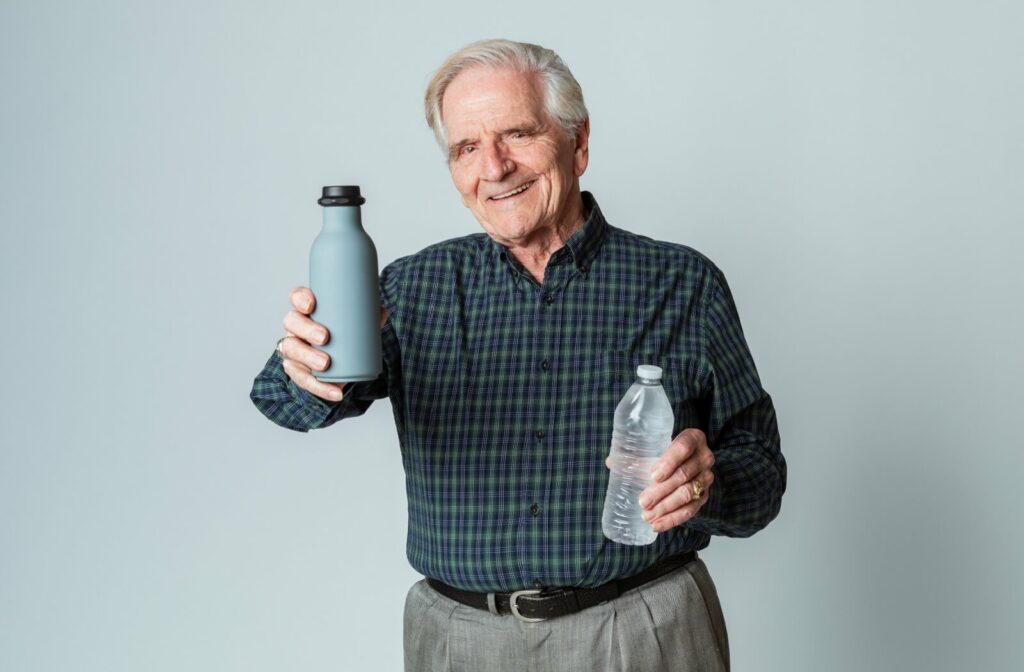
Use Reminders
Set gentle reminders to drink water throughout the day using an alarm or a note placed in a visible spot. This helps establish a proper routine.
Offer Water in Small Servings
Some older adults may find smaller, more frequent sips easier to manage instead of larger glasses. Your loved one can space out their drinking throughout the day to make it easier to stay ahead of their hydration.
Swap in Hydrating Foods
Hydration isn’t just about drinking water! Many fruits and vegetables are also rich in water content, making them excellent additions to any diet. These foods contribute to hydration while adding diversity to meals:
- Cucumbers
- Watermelons
- Strawberries
- Zucchini
- Oranges
These are all valuable options that make staying hydrated easier than ever.
Stay Hydrated for Healthy, Happy Aging
Hydration helps older adults stay energized, clear-minded, and comfortable. With simple habits and thoughtful planning, it can become a seamless part of daily life. Small changes, like drinking more water and watching for signs of dehydration, make a big difference.
Here at Teresa’s House, thoughtful routines, meal planning, and daily support are all part of personalized care. Hydration is just one part of every routine, from daily meals to one-on-one care. To learn how we support well-being through personalized planning and nutrition, schedule a visit with our team today!


